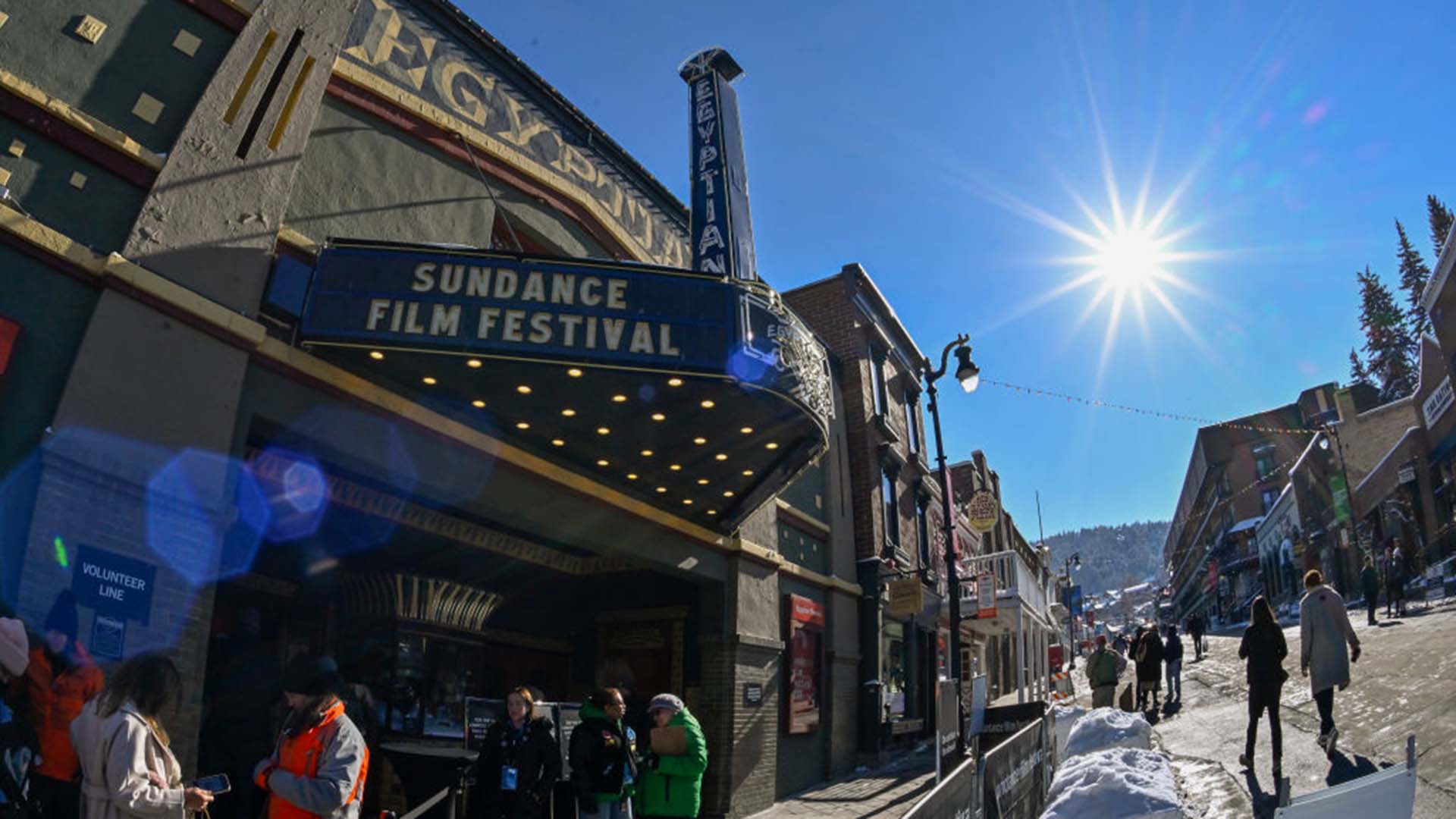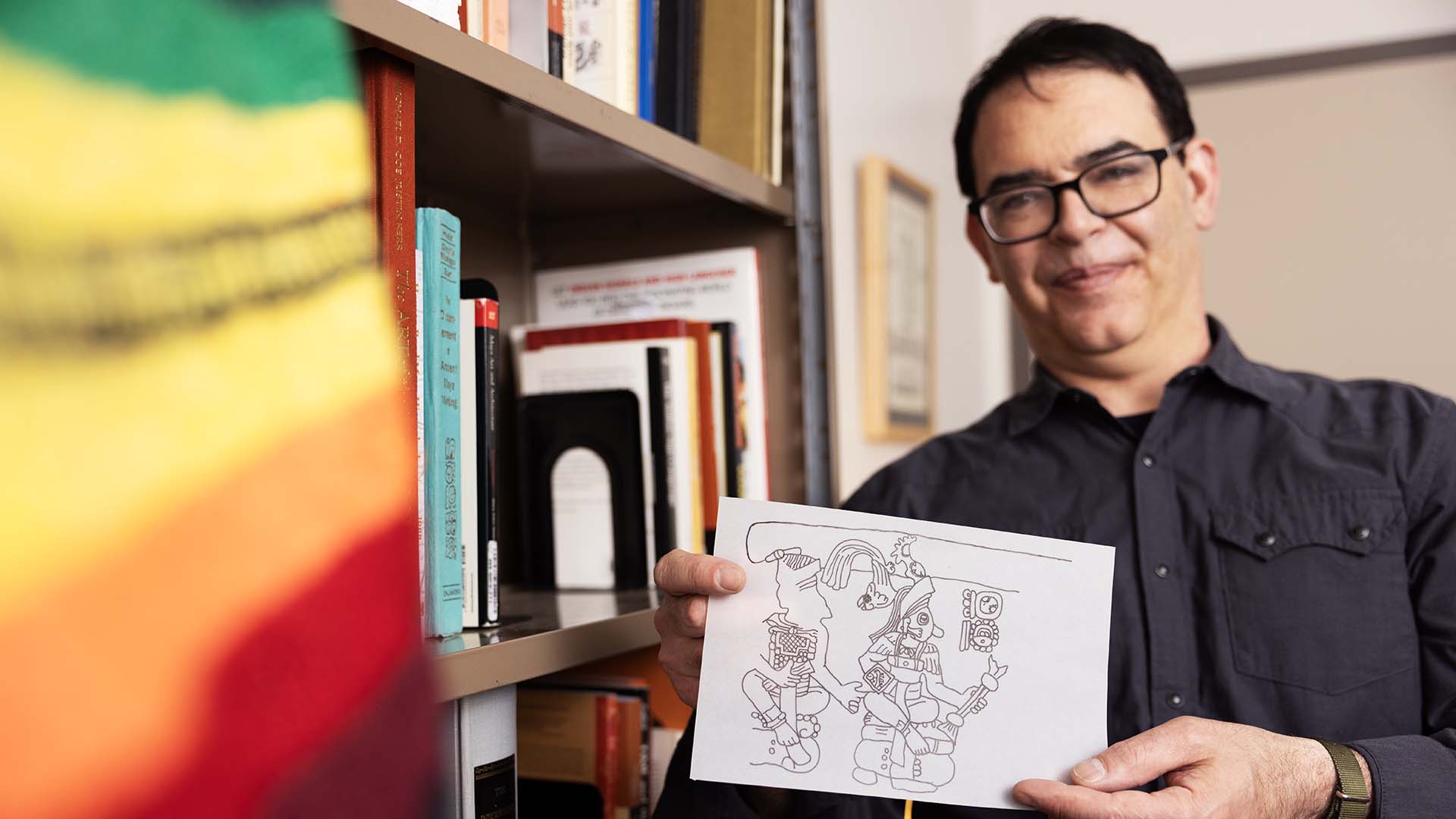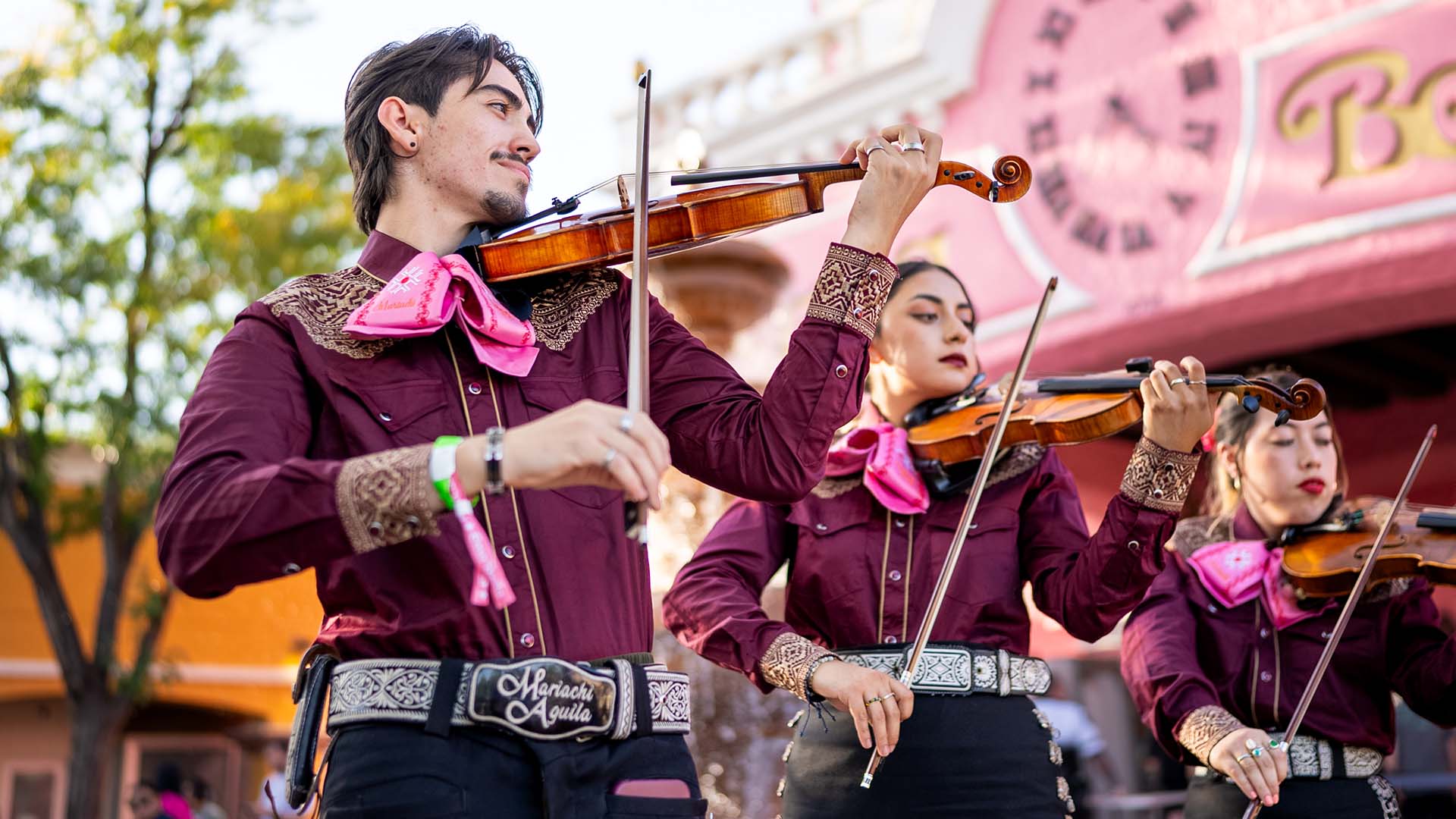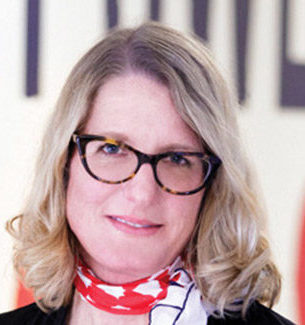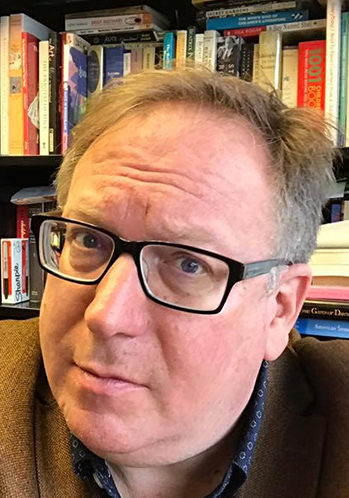Día de los Muertos: Inviting loved ones back
Halloween is often the day most closely associated with the dead, but another celebration has a much deeper meaning.
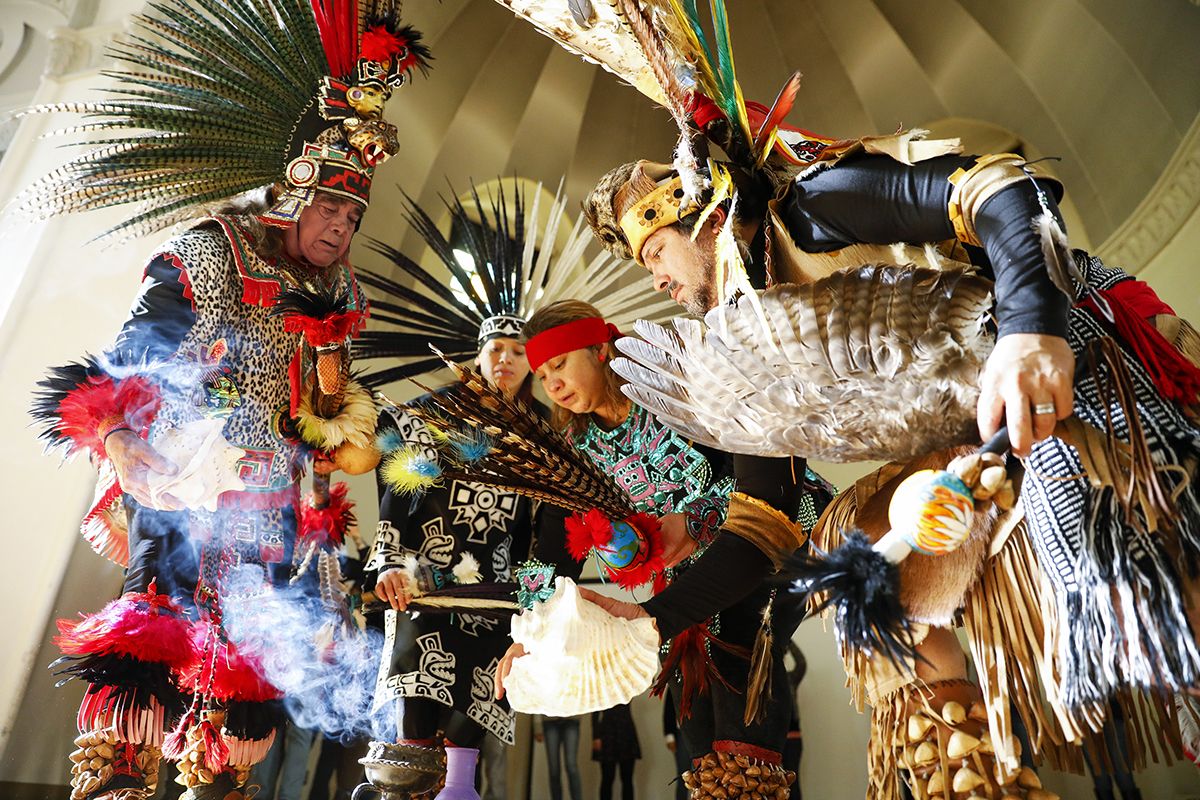
Día de los Muertos, Day of the Dead, is celebrated after Halloween. Nov. 1, Día de los Santos Inocentes (Day of the Holy Innocents) or Día de los Angelitos (Day of the Little Angels), is a day to honor children and infants. Nov. 2, Día de Muertos or Día de los Fieles Difuntos, Day of the Faithful Dead, is known to honor adults. Día de los Muertos is often tied to Mexico, where the tradition originated, but it also combines indigenous Aztec ritual with Catholicism, brought to the region by Spanish conquistadores.

Chicana/o Studies professor Dr. Elizabeth Renee Fajardo says there is a “misperception of a big party, sort of a companion to Halloween…students coming in [to the University] as urban kids, experience the traditions lost in the city.”
Tradition says the spirits of the dead visit their families during Día de los Muertos. Altars are constructed with candles, photos, flowers and food like pan de muertos (dead man’s bread). That is different from Halloween, which focusses on ghosts, vampires, witches and devils to scare away bad spirits. Dr. Fajardo says, “Día de los Muertos invites loved ones back.”

Featured in previous celebrations, artist and folklorist Rita De Flores De Wallace has been a big part of the Denver-area celebrations for over 30 years. She moved to Denver from Mexico in 1979 when she married John Wallace. She is best known for her many talents tied to Mexican culture.
De Wallace dances, makes masks, creates altars, provides costumes and recites poetry. She learned many of her crafts at the Instituto Regional de Bell las Artes in Saltillo, Coahuila in Mexico. After moving to Denver, she worked with Denver Public Schools and other local groups, teaching music, dance and art.


In 2010, Sigma Lambda Beta Fraternity and the group Journey Through Our Heritage formed a partnership to get funding for a celebration on campus. The idea was to give students a cultural outlet as a way to keep them engaged with the MSU Denver community.

2017’s theme for the Auraria Campus’ Día de los Muertos event was immigration, tied to those who have died trying to get to the United States.
Fajardo says it was meant to “honor who we are and how we got here. Everyone is indigenous to somewhere…every culture does something to honor their ancestors,” she said.


